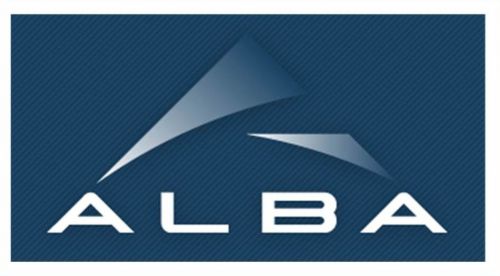
26/10/2016
MIRAS New ALBA Synchrotron Beamline Goes Under Researchers Skin
MIRAS New ALBA Synchrotron Beamline Goes Under Researchers Skin
Last week, the ALBA Synchrotron hosted the first official users at its 8th new beamline, MIRAS. Devoted to synchrotron infrared microspectroscopy (SIRMS), this new beamline is now available to the scientific community for conducting experiments in a wide range of areas such as materials science, biology and biomedicine, geology, cultural heritage or environmental sciences, among others.
This new tool is very powerful detecting and quantifying molecules and its spatial distribution. Therefore, MIRAS is key for defining the chemical composition of materials at a molecular level with a lateral spatial resolution reaching 3 micrometers.
The first researchers from the Institute of Advanced Chemistry of Catalonia (IQAC-CSIC) used the MIRAS beamline for performing an experiment that analyses how different lipid systems, developed in the research group, are located into the skin.
Thanks to the high resolution and large brightness of synchrotron light, it is possible to define the localization of those lipid systems in the different skin layers, generating a chemical map of the sample, where to analyse their level of penetration. The main benefit of this research is to test the effectiveness of these lipid systems as carriers of active ingredients to the different skin layers.
About MIRAS and ALBA in general, you can discover the last scientific highlights, industry collaborations, technical developments, outreach activities of ALBA in the last semi-annual ALBA News magazine issue.
This new tool is very powerful detecting and quantifying molecules and its spatial distribution. Therefore, MIRAS is key for defining the chemical composition of materials at a molecular level with a lateral spatial resolution reaching 3 micrometers.
The first researchers from the Institute of Advanced Chemistry of Catalonia (IQAC-CSIC) used the MIRAS beamline for performing an experiment that analyses how different lipid systems, developed in the research group, are located into the skin.
Thanks to the high resolution and large brightness of synchrotron light, it is possible to define the localization of those lipid systems in the different skin layers, generating a chemical map of the sample, where to analyse their level of penetration. The main benefit of this research is to test the effectiveness of these lipid systems as carriers of active ingredients to the different skin layers.
About MIRAS and ALBA in general, you can discover the last scientific highlights, industry collaborations, technical developments, outreach activities of ALBA in the last semi-annual ALBA News magazine issue.
More news
23/06/2016
Distributed Polygeneration: Barcelona Synchrotron Park Shares Its Experience
17/06/2016
Barcelona Synchrotron Park Sponsors the Fifth Ideas Generation Program
10/06/2016
The Nanoworld Is Designed and Observed In and Nearby Barcelona Synchrotron Park
02/06/2016
Mediterranean Corridor: an important infrastructure for Barcelona Synchrotron Park
26/05/2016
UAB University Makes Distance Wireless Charging a Reality
19/05/2016
HP Enters the 3D Printing Market









